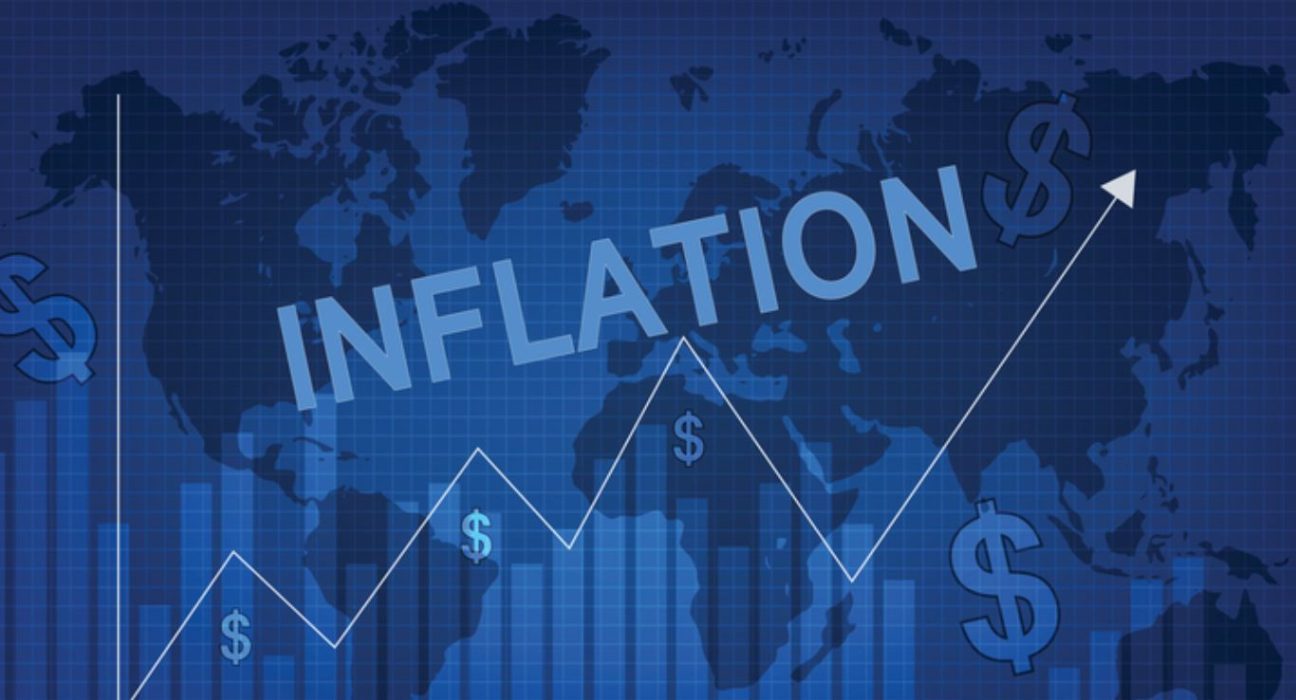Introduction
Diminishing inflation has been a critical factor in driving consumer sentiment to its highest level in nearly two years, as revealed by the University of Michigan’s closely watched survey. The final index of consumer sentiment for July came in at 71.6, reflecting a slight dip from the preliminary reading but a significant increase from the previous month’s 64.4. The positive trend was last seen in October 2021, indicating a potential upswing in consumer confidence. Economists polled by Reuters had anticipated a score of 72.6, which remained unchanged from the preliminary reading reported two weeks earlier. Let’s delve deeper into the survey findings and analyze the impact of inflation on consumer expectations and economic outlook.
The Consumer Sentiment Index
The University of Michigan’s Consumer Sentiment Index is a crucial gauge of how consumers perceive the current and future state of the economy. It plays a pivotal role in understanding consumer behavior, as sentiment directly affects spending patterns. The higher the index, the more optimistic consumers are about their financial situation and the overall economy.
Consumer Sentiment Reaches Two-Year High
As per the latest survey results, the consumer sentiment index for July surged to 71.6, marking the highest level since October 2021. This rise in sentiment can be attributed to the decline in inflation, which has positively influenced consumers’ perceptions of their financial well-being. When inflation is low and stable, consumers feel more confident about their purchasing power and are likely to engage in more economic activities, bolstering overall economic growth.
Inflation and Consumer Expectations
Despite the overall improvement in consumer sentiment, the survey indicated a slight uptick in consumer expectations for inflation over the next year, reaching 3.4% in July from 3.3% in June. This increase could be a result of various factors, including fluctuations in energy and commodity prices or supply chain disruptions. However, it’s worth noting that this rise remains relatively modest, suggesting that consumers are not overly concerned about a significant surge in inflation in the short term.
Long-term Inflation Expectations
Looking further ahead, the survey revealed that consumers’ expectations for inflation at a 5-year horizon held steady at 3.0%. This indicates that despite the short-term fluctuations, consumers maintain a stable outlook on inflation in the medium to long term. Consistent and predictable inflation expectations are essential for economic planning and decision-making by businesses and policymakers.
Economic Implications
Diminishing inflation and the subsequent rise in consumer sentiment can have several positive implications for the economy. First and foremost, increased consumer confidence typically translates into higher consumer spending. As consumers feel more secure about their financial situation, they are more likely to make significant purchases, such as cars, homes, and other durable goods. This boost in spending can stimulate economic growth and create a ripple effect across various sectors.
Impact on Businesses
The surge in consumer sentiment can also benefit businesses. With higher demand for goods and services, companies may experience increased sales and revenue. This, in turn, can lead to potential expansions, job creations, and further investments. Additionally, positive consumer sentiment can improve brand perception and customer loyalty, further strengthening businesses’ market position.
The Role of Government and Monetary Policy
The recent survey results underscore the importance of government and monetary policymakers’ efforts to control inflation. A well-managed monetary policy that aims to maintain stable and moderate inflation is crucial for fostering consumer confidence. Central banks often use interest rates and other monetary tools to achieve this goal. By keeping inflation in check, they can help create a favorable economic environment, encouraging consumers and businesses to spend and invest.
Conclusion
In conclusion, the University of Michigan’s survey demonstrates that diminishing inflation has had a notable impact on consumer sentiment, pushing it to the highest level in nearly two years. The rise in consumer confidence bodes well for the economy, as it is likely to drive increased consumer spending and bolster business performance. While short-term inflation expectations experienced a slight uptick, long-term expectations remained stable, indicating a positive outlook on the overall economic conditions. As economic conditions continue to evolve, it will be essential for policymakers to maintain vigilant control over inflation, fostering an environment of stability and optimism for consumers and businesses alike.










